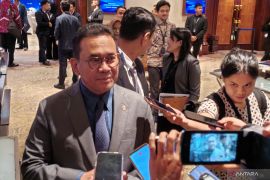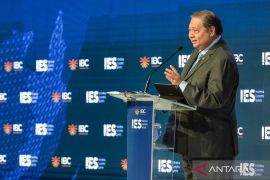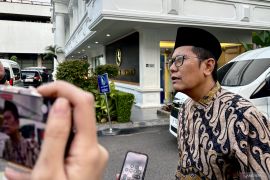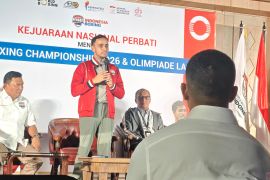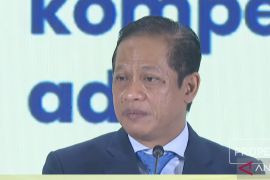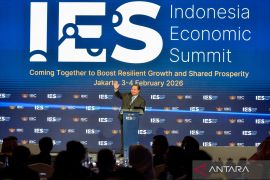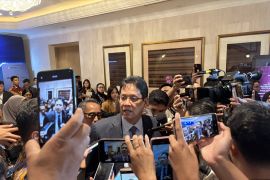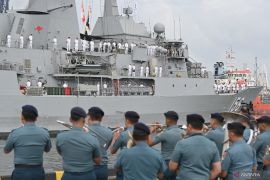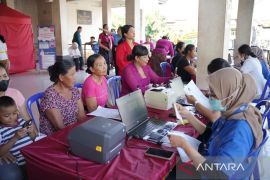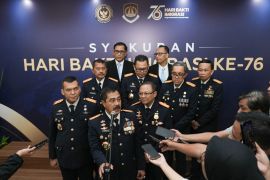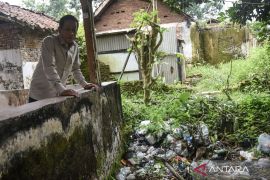"The target is achievable as there are still a lot of opportunities that the two countries could take and optimize," Indonesian Foreign Minister Marty Natalegawa said when receiving German Foreign Minister Guido Westerwelle at the former`s office here on Monday.
He referred to exports of the country`s natural resources such as palm oil, natural rubber and copper as an example.
He said Indonesia also could still increase its imports of machinery, electronic devices, motor vehicles` parts and accessories.
The value of the two countries` trade was recorded at US$5.92 billion from January to October 2012, up from US$5.62 billion in the same period last year.
The US$12 billion target is indeed very high but the two countries are optimistic they could achieve it following intensive meetings and bilateral agreements made with investors so far.
On the one hand Indonesia wishes to increase its income from exports and investment while on the other hand Germany wants to diversify and expand its investment and trade to countries that have relatively not affected much by the world crisis like Indonesia.
Germany has considered Indonesia as a strategic business partner as the country has not been significantly affected by the recent crisis in Europe.
"Indeed by cooperating with countries like Indonesia we will not automatically become safe but we believe we are going on the right track," Guido said replying a reporter`s question.
Several companies from Germany have been involved in the two countries` talks so far such as Daimler AG, ProCone GmbH, E.ON Carbon Sourcing GmbH and Bombardier Transportation.
In a number of meetings the two countries have often raised economic issues, attended by consultancy companies, technology industries, medical industries, electrical, chemical and furniture industries.
(reporting by Anom Prihantoro, editing by Yoseph Hariyadi, check-editing by Suharto)
(H-YH)
Editor: Suryanto
Copyright © ANTARA 2013
